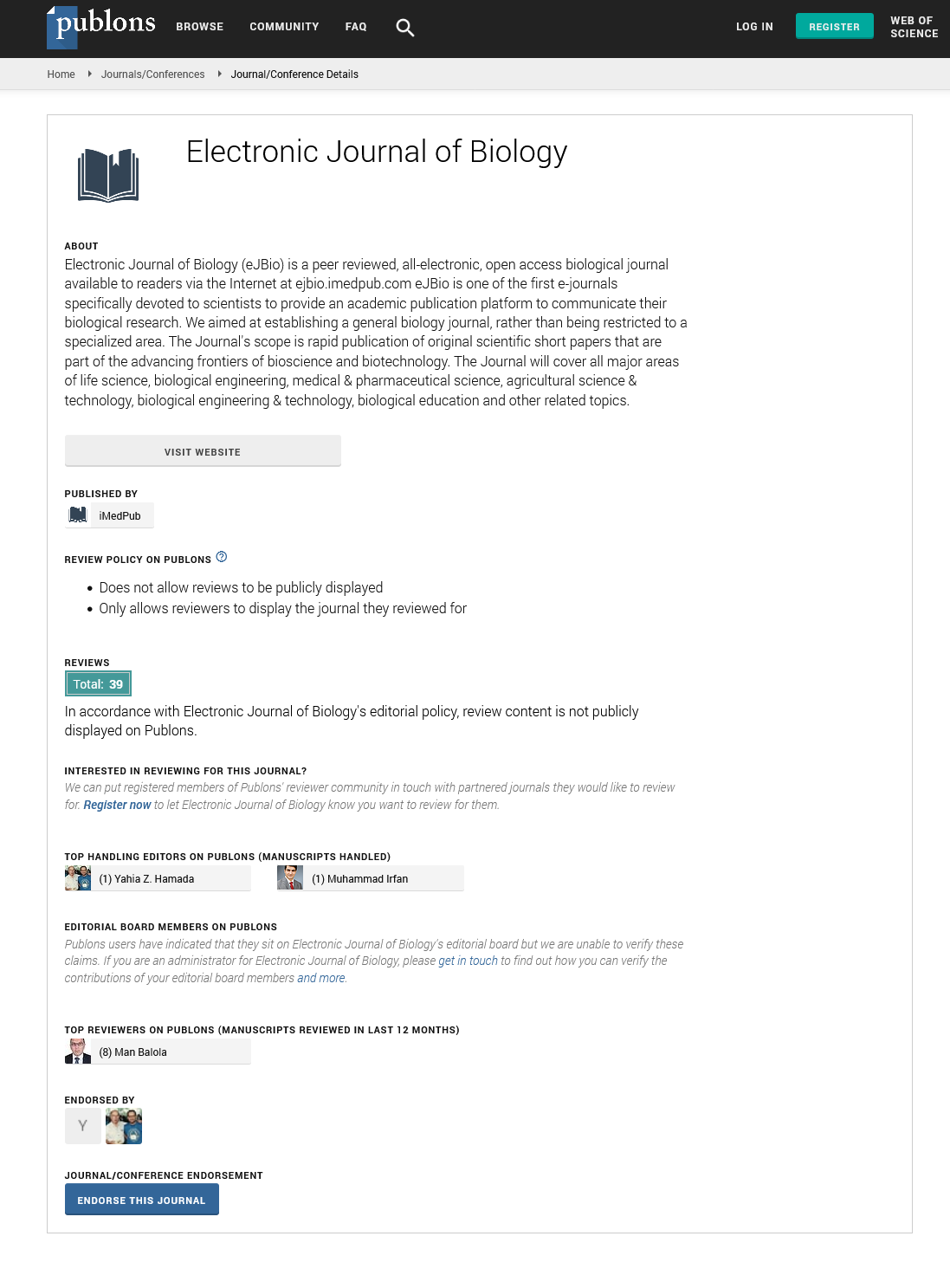Abstract
Growth, Yield, Yield Components and Water-Use Efficiency in Irrigated Cantaloupes under Full and Deficit Irrigation
Water scarcity is a limiting factor for crop production in arid and semi-arid regions. To evaluating effects of deficit irrigation (DI) on growth, yield, yield components and water-use efficiency (WUE) in cantaloupe crop (Cucumis melo L.) under semi-arid conditions, a field experiment based randomized completely block design (RCBD) with three replications was conducted. In this experiment, three irrigation treatments consisted of 60 (I60), 80 (I80), and 100% ETc (I100, Control) were applied during the growing season. Based on the results, the highest total crop yield (30.3 t ha-1), mean number of fruits per plant (4.9), mean fruit weight (1.508 g), plant main stem length (194.6 cm) and total leaf area (24.375 cm2) were obtained in I100, while highest chlorophyll (Chl) a, total Chl content and Chl stability index obtained at I80 treatment. Moderate water stress (I80) did not reduce cantaloupe yield but led to increase WUE and total soluble solids (TSS). Under I60 treatment, the yield was reduced by 35.3% mainly due to decrease of fruit weight, while value of WUE (0.89 t ha-1 cm-1) in this treatment was 45.9% greater than I100. Maximum value of TSS (9.3%) was achieved at I60. Based on the total fruit yield, the preferable level of DI for cantaloupe production is I80, and in region that goal is preserving water resources, I60 treatment, recommended.
Author(s): Ali Ahmadi-Mirabad, Mahmoud Lotfi, Mahmoud Reza Roozban
Abstract | Full-Text | PDF
Share this

Google scholar citation report
Citations : 5001
Electronic Journal of Biology received 5001 citations as per google scholar report
Electronic Journal of Biology peer review process verified at publons
Abstracted/Indexed in
- Google Scholar
- China National Knowledge Infrastructure (CNKI)
- CiteFactor
- Electronic Journals Library
- Zoological Records
- WorldCat
- Proquest Summons
- Publons
- MIAR
- Openaccessarticles.com
- Secret Search Engine Labs
Open Access Journals
- Aquaculture & Veterinary Science
- Chemistry & Chemical Sciences
- Clinical Sciences
- Engineering
- General Science
- Genetics & Molecular Biology
- Health Care & Nursing
- Immunology & Microbiology
- Materials Science
- Mathematics & Physics
- Medical Sciences
- Neurology & Psychiatry
- Oncology & Cancer Science
- Pharmaceutical Sciences


